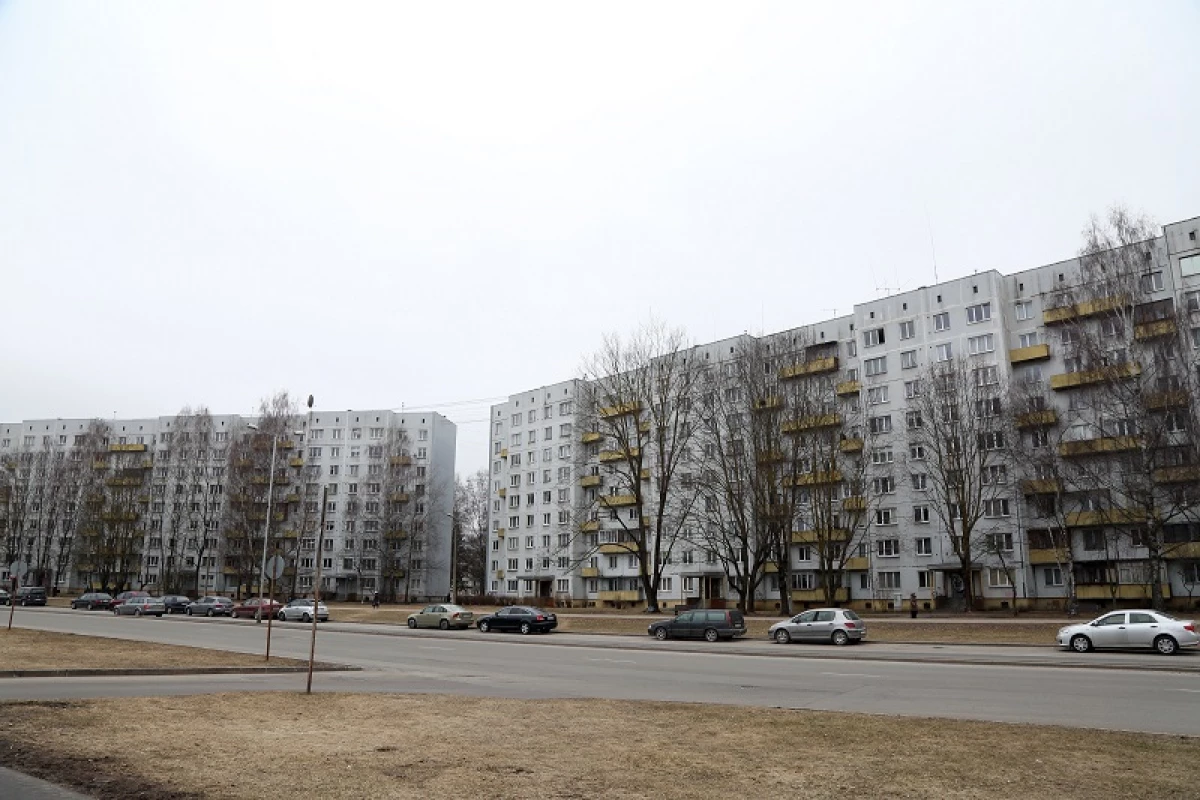
The huge housing Fund of Soviet times due to the screenshots of renovation in Latvia reminds a kind of slow motion bomb, since the service life provided for by the regulations is very many of these buildings comes to an end. Without a serious reconstruction, many urban areas can turn into slums, and residents will be more difficult to find affordable quality accommodation, writes rus.lsm.lv.
Renovation of buildings - the problem is not only Latvian. Its as one of the main goals for using the EU Recovery Fund highlights the European Commission, which even developed a new "wave of renovation for Europe" strategy. Here it would be possible to sigh with relief and think that, well, now everything will be done soon. However, this is unlikely to happen if the issue will not be resolved, which slowed down the process of renovation of residential buildings until now and which is associated with property rights.
From residents to owners
Initially, the owners of apartment buildings of Soviet times, for the most part there were a state, self-government or enterprises that built these homes to accommodate families of their employees. After the collapse of the USSR, most apartment buildings were transferred to privatization, and their residents were able to acquire their ownership of property using privatization certificates.At the same time, many most likely did not think about the fact that, becoming owners of apartments, they become also co-owners of the whole building and now need to think not only about the improvement of their housing, but also about what is happening from the roof of the building, basement, staircase , plumbing. In turn, the house management of Soviet times was not turned into representatives of the homeowners who can complain about something and put forward demands, and in service providers, which for the appropriate remuneration are made by what a tremendous assembly of new homeowners agreed.
Latvia in this regard is not unique. Such processes occurred in most countries of the former Soviet bloc and therefore in these countries the proportion of the population owning the population is unusually large.
According to the European Statistical Bureau of Eurostat, in this regard, Romania occupies the first place, where 96% of residents inhabit the housing belonging to them. In the Baltic countries, this share is most in Lithuania (90%), in Latvia, there are 80% in Latvia, and 20% live in rental housing. In Western Europe, the proportion of people living in their own housing is lower and, accordingly, much more than those who take off.
So, in Germany, 51% of the owners and 49% of tenants. Of the so-called old EU member countries, the highest share of homeowners in Spain is 76%. It is lessstate in Europe to live in their own housing can afford to do not part of the EU of Switzerland - 42%.
Dark side of privatization
Unfortunately, the current situation with an insignificant amount of reconstructed apartment buildings of the Soviet era also clearly shows the shadow side of the privatization process. The law on apartment ownership says that the residential house is managed by the community of apartment owners, and it is this norm that has become a stumbling block for many ideas to improve the condition of the house.
It is hardly at least one enterprise that controls housing, whose representatives would not tell the same thing: although privatization has long passed, some of the residents of apartment buildings still do not understand or does not want to understand that their property is not only a specific apartment, but And the whole house. Therefore, if the roof flows, then some kind of mysterious hero will not appear, which will fix everything himself: to repair the homeowners themselves will have to "discount".
However, the same objective obstacle to relatively large works, including the fundamental reconstruction, is not the brilliant financial situation of many owners of apartments.
As a result of the meeting of co-owners, very often turn into a completely meaningless event, where they do not understand why they want something from them, others are not ready to invest even ten euros, but those who understand why all this needs and are ready to invest in serious Repair work, yet not so important to pay not only their own, but also a neighboring lobe.
If you remember that, for example, in the Riga model houses of Soviet-time from 50 to 100 and even more apartments in which people with completely different sufficiency and life stands are living, hopefully for unity and compromises are pretty naive.
In turn, representatives of the state and many local governments still occupied a very convenient position on the principle of "My Hut with the Edge, I don't know anything." So to speak, the rights of private property are sacred, so the owners of each other must be negotiated. The self-government or the state is connected only when the building degrades to the state of the slums.
There are experts on the construction that the current situation is compared with a sinking ship, where the precious time is spent to spend the vote among passengers about what to do and how to act. In addition, if there are no changes, then the large funds of the EU recovery fund, contrary to the conceived European Commission, no new renovation wave in Latvia will not raise.
